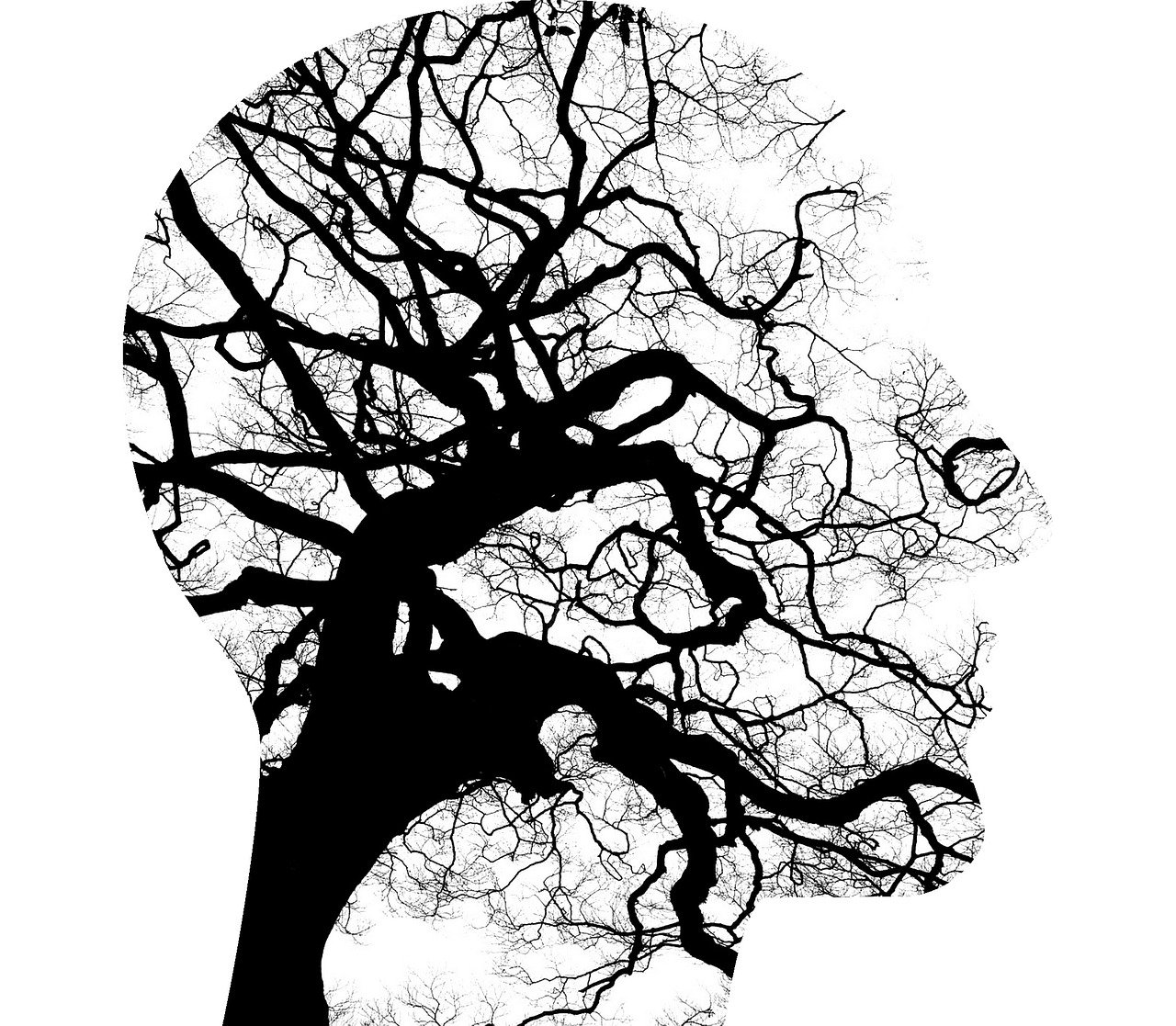Exploring the Gut-Brain-Adrenal-Endocrine-Metabolic Connection: Microbiota and Overall Wellbeing
Our digestive system plays a crucial role in not only absorbing nutrients but also influencing our mental health. The gut is often referred to as the “second brain” due to its extensive network of neurons that communicate with the central nervous system.
Research has shown that the gut-brain connection is bidirectional, with the brain sending signals to the gut and vice versa. The gut microbiome, which consists of trillions of microorganisms living in our digestive tract, also plays a significant role in regulating our mood and emotions. An imbalance in gut bacteria has been linked to conditions such as anxiety, depression, and even neurodegenerative diseases. By maintaining a healthy gut through a balanced diet, probiotics, and stress management techniques, we can positively impact our mental wellbeing.
Understanding the Role of the Adrenal Glands in Stress Response
The adrenal glands, located on top of each kidney, play a crucial role in the body’s stress response. When faced with a stressor, the adrenal glands release hormones such as cortisol and adrenaline to prepare the body to either fight or flee. This physiological response is often referred to as the “fight or flight” response, a mechanism that has evolved to help humans cope with acute stressors in their environment.
Cortisol, known as the stress hormone, helps regulate various bodily functions during times of stress, such as increasing blood sugar levels and enhancing the brain’s use of glucose for energy. Adrenaline, on the other hand, triggers rapid physiological changes like increased heart rate and blood flow to muscles, preparing the body for quick action. The coordinated release of these hormones by the adrenal glands is essential for survival in threatening situations, but prolonged stress can lead to imbalances in these hormones, causing negative effects on both physical and mental health.
The Endocrine System: How Hormones Influence Overall Wellbeing
The endocrine system plays a crucial role in regulating various bodily functions through the secretion of hormones. These hormones act as chemical messengers that travel through the bloodstream to target organs and tissues, influencing processes such as metabolism, growth, and reproduction. When the endocrine system is functioning optimally, it contributes to overall wellbeing by maintaining the body’s internal balance.
Hormones produced by the endocrine glands, such as the thyroid, adrenal, and pituitary glands, play a significant role in regulating mood, energy levels, and stress response. Imbalances in hormone levels can lead to a range of health issues, including fatigue, mood swings, and metabolic disorders. Understanding the complex interactions within the endocrine system is crucial for maintaining not only physical health but also mental and emotional wellbeing.
• The endocrine system regulates bodily functions through the secretion of hormones
• Hormones act as chemical messengers that travel through the bloodstream to target organs and tissues
• Processes influenced by hormones include metabolism, growth, and reproduction
• Optimal functioning of the endocrine system contributes to overall wellbeing by maintaining internal balance
Hormones produced by glands like the thyroid, adrenal, and pituitary play a role in regulating mood, energy levels, and stress response
Imbalances in hormone levels can lead to health issues such as fatigue, mood swings, and metabolic disorders
Understanding interactions within the endocrine system is crucial for maintaining physical health as well as mental and emotional wellbeing
What is the endocrine system?
The endocrine system is a network of glands that produce and release hormones that regulate various bodily functions.
How do hormones influence overall wellbeing?
Hormones play a crucial role in regulating metabolism, growth, sexual function, mood, and stress response, among other functions, which ultimately impact our overall wellbeing.
How does the gut-brain connection affect mental health?
The gut-brain connection refers to the relationship between the digestive system and the brain. The gut produces neurotransmitters that can affect mood and mental health, highlighting the importance of gut health for overall wellbeing.
What is the role of the adrenal glands in stress response?
The adrenal glands release hormones like cortisol and adrenaline in response to stress, helping the body cope with challenges. However, chronic stress can lead to imbalances in these hormones, impacting overall wellbeing.
How can I support my endocrine system for optimal health?
Maintaining a balanced diet, managing stress levels, getting regular exercise, and prioritizing sleep are all important factors in supporting a healthy endocrine system and overall wellbeing.







